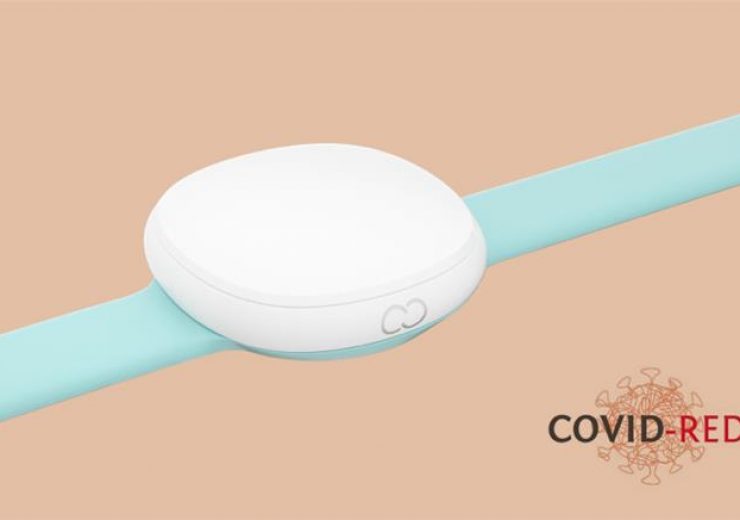Previous COVI-GAPP pilot study shows Ava's algorithm accurately detected 71% of Covid-19 positive infections two days before the onset of symptoms

Ava’s Fertility Tracking Sensor Bracelet. (Credit: Ava Science Inc.)
Ava has unveiled its plans to commence the first clinical study to evaluate the effectiveness of its Fertility Tracking Bracelet in detecting Covid-19 infection in real-time.
The new clinical trial ‘Covid-19: Rapid Early Detection (COVID-RED)’ is designed to evaluate the real-time efficacy of its wearable device to detect Covid-19 in the pre-symptomatic phase.
In the study, researchers will evaluate the effectiveness of Ava’s bracelet and its complementary app, in more than 20,000 participants, for early detection of Covid-19.
Participants from all genders, across general and high-risk populations will wear the Ava bracelet during night time while they sleep, for up to nine months.
Ava claimed that its device is the only FDA approved fertility tracking wearable and was CE marked to measure and display physiological parameters related to conception.
Ava co-founder and CEO Lea von Bidder said: “Ava has helped tens of thousands of women around the world conceive and start families since launching in 2016.
“Now we are taking the power of our scientific expertise and technology to join in the fight against Covid-19 in a way no other wearable medical device has yet, by testing our infection detection algorithm in real-time, providing bracelet wearers with daily updates about their health and well-being.
“We believe our deep understanding of female physiology gives us a unique advantage over other wearables in helping solve this global health challenge.”
The digital women’s health firm said that the COVI-GAPP study, conducted in April 2020, has studied its wearable device to detect Covid-19 infection.
The retrospective data analysis showed that the Covid-19 infection detection algorithm has detected 71% of Covid-19 positive infections, two days before the onset of symptoms.
The company believes that its algorithm would perform the same way in the initial phase of the COVID-RED study and intends to make iterative updates to the algorithm through 2021 to further improve its accuracy.
The COVID-RED consortium, which includes global experts in public health, epidemiology, biomedical informatics, wearable sensor technology, and machine learning, will provide funding support for COVID-RED clinical trial.
Members of the consortium include Ava, Julius Clinical Research, Labormedizinisches Zentrum Dr Risch Ostschweiz, Roche, Stichting, Takeda, University College London, UMC Utrecht and Vive.
